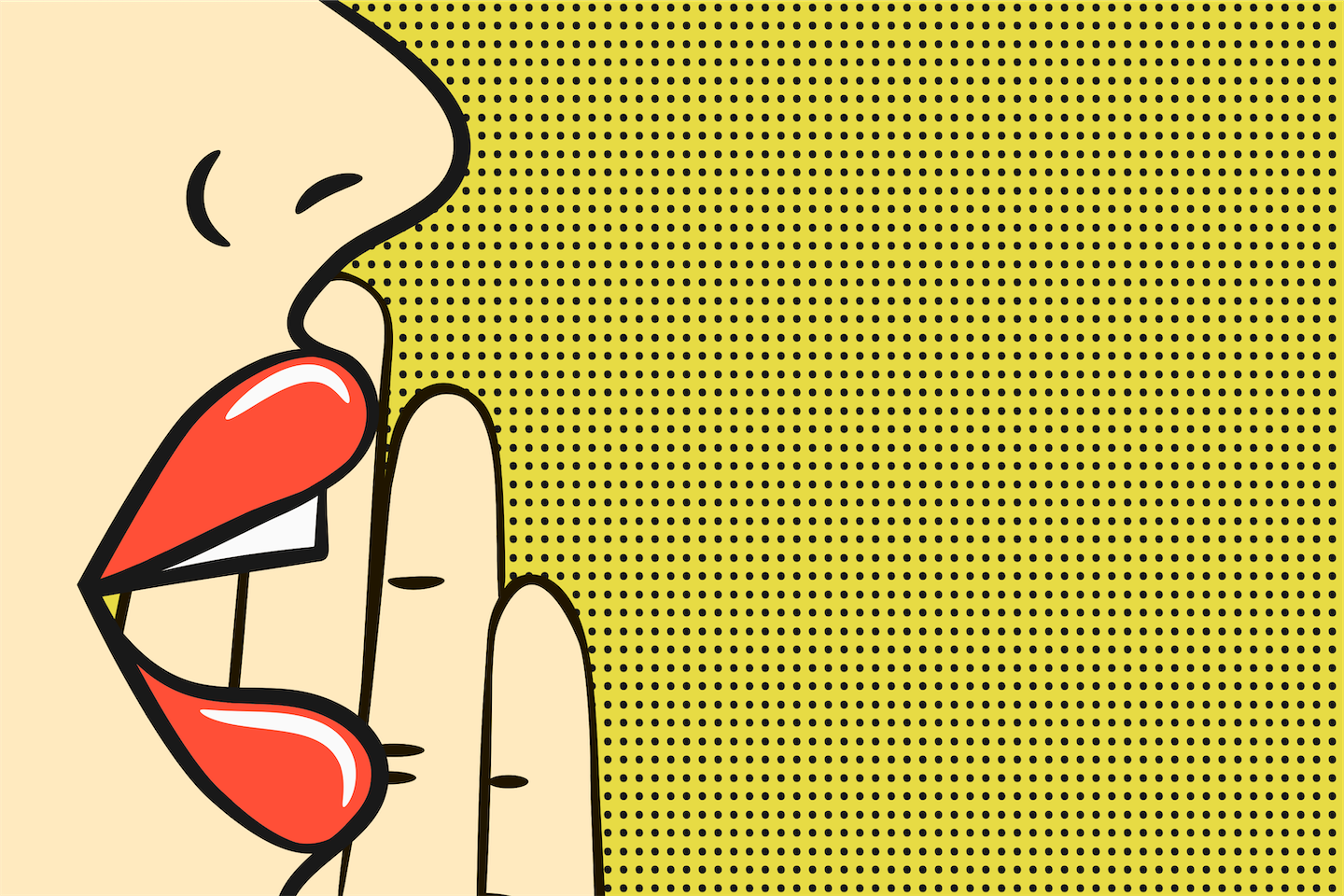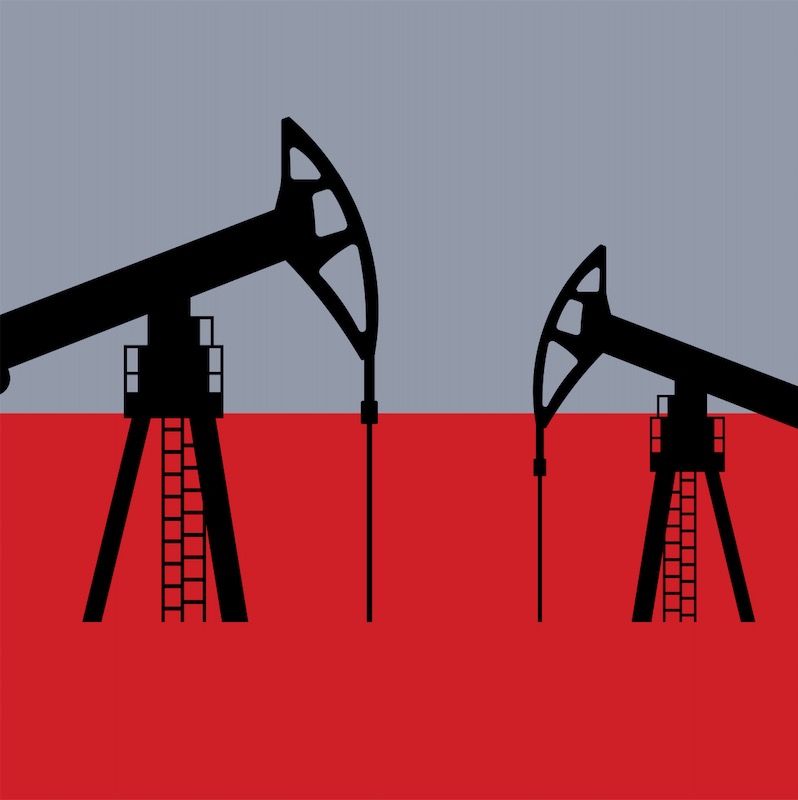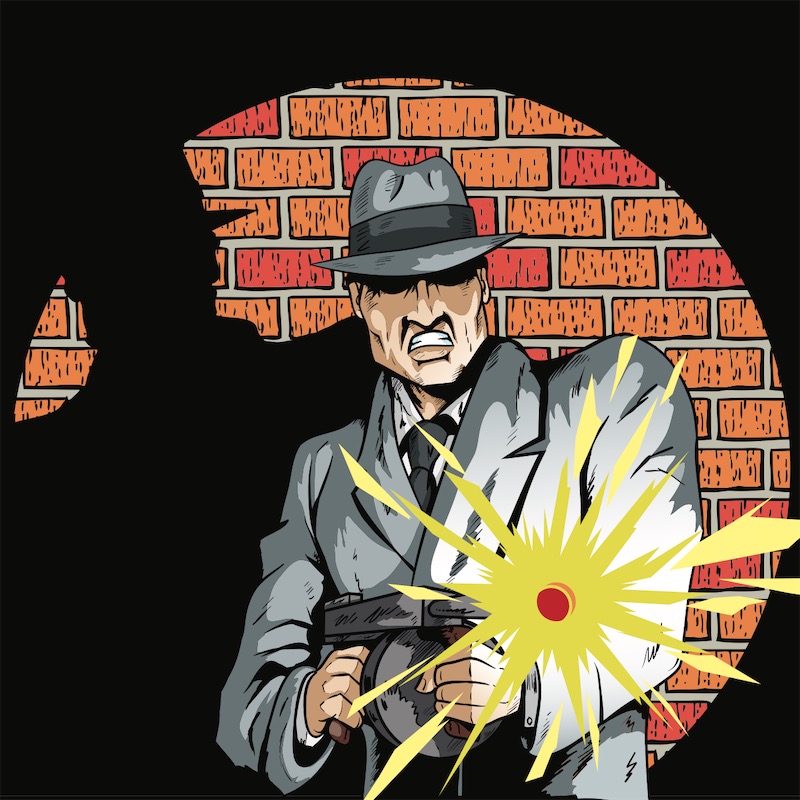
Warm up your class,
pop culture-style.
When the bell rings, give students 3-5 minutes to watch/read that day’s Bell Ringer content. Then simply ask the provided questions and watch your class participation explode.
Each Bell Ringer consists of:
- A short video clip
- A correlating tidbit of knowledge
- Three thought-provoking questions
Bell Ringers are organized by subject or date and available in the Teacher Dashboard. Find a Bell Ringer that connects to a specific day or to a subject you’re covering in class to make the discussion as meaningful as possible.
Sample Bell Ringers
-

June 1
All the News, All the Time“Freedom of the press is not just important to democracy. It is democracy.” (Walter Cronkite)
On June 1, 1980, CNN went live with the first 24/7 cable news channel. Today, we take for granted that someone is always reporting the news. In fact, depending on how you set notifications on your smartphone, not only is news always to be found on one of several TV channels and websites, but you can also be notified, instantly, when something happens. One of the casualties of this movement towards immediacy in the news is attention to the truth, as well as the ability of news providers to engage in telling complicated stories based upon deep research. This all started with CNN.
Additionally, news sources compete. They are independently run and need to compete for viewers and ratings. Doing so is beneficial since one company or government does not get to dictate and control what news we hear; however, this may lead to stories breaking without being completely verified or having the full information necessary.
One consequence of the continuous news cycle is that we now follow news from around the world. It is still the case that, as journalists like to say, if it bleeds, it leads. That is, the most dramatic stories get the most attention among journalists, even if they may be rare or unimportant to most people. This may lead us to feel less secure. While murder rates have gone down, for instance, the attention murder gets in the press makes us feel like we are all constantly in danger. With the COVID-19 pandemic of 2020, the news is covering stories nonstop. While the information is obviously useful, could too much coverage outweigh the benefits of gaining that useful information?
Likewise, today, the question of the reliability of our news sources has become a major political issue. It seems like the idea of an objective truth that all parts of the political spectrum can reference is rapidly vanishing.
One thing to remember when searching for news is the idea of confirmation bias. It is very easy to find only the information that aligns with your point of view. Remember to be open-minded and read various points of view from different sources, allowing you to come up with either new opinions, or responsibly confirming your beliefs.
Questions:
- If you agree with this statement, what does Walter Cronkite’s warning imply about the state of our democracy?
- Do you think there is any way to address the problem? If so, what? If not, what do you think the consequences will be for the country if the present trend continues?
- What “news sources” do you rely on? Is it more traditional like CNN or do you use more “modern” methods?
-

August 4
National Chocolate Chip Cookie Day!Chocolate chip cookies were invented by Ruth Graves Wakefield and Sue Brides in 1938. Ruth owned the Toll House Inn in Whitman, Massachusetts, which is why they are called Toll House Cookies. During World War II, Massachusetts soldiers received them in care packages, and soon soldiers from all over the country were asking their families to send them some. Ruth was inundated with recipe requests from across America. Today, chocolate chip cookies are quintessentially American. In Europe, chocolate chips are sold in the exotic, American section of grocery stores, alongside brown sugar, marshmallows and root beer. World War I and World War II were important for many reasons, but they played a major social and cultural role, as well. Describe some other unintended consequences of events, inventions, or new technology on Americans (examples might include the telegraph, automobile, the Civil War, the Civil Rights Movement, the Draft protests of the Vietnam War).
Questions:
- What was the unintended consequence of creating cookies during wartime?
- There has not been a world war of the same scale since WWII. What role do you think trade plays in avoiding large scale wars?
-

September 14
OPECOPEC, or the Organization of Petroleum Exporting Countries, was formed on Sept. 14, 1960. It is a perfect example of a cartel, which is an organization designed to reduce competition and thereby increase profits and prices. Until recently, many people believe we were running out of oil, and the United States was being held hostage to OPEC countries who held the key resources necessary for our prosperity. Four dollar a gallon gasoline was believed to be just the start. Then came the invention and improvement of fracking techniques in the United States. Today, oil is at its long-term average (since 1946) inflation-adjusted price. And that price seems to be sticky. Producers in the United States are able to adjust their production effectively, raising production when prices start to go up, and lowering it when they go down. As a result, the OPEC cartel has lost a lot of its ability to determine world prices, and thereby the world economy. OPEC is far from the only example of cartel-like organizations. Many guilds exist, which use the power of government to regulate entry and control prices in a variety of ways. Certell’s Common Sense Economics materials include a video from the Institute for Justice, on how many ways the government makes it difficult to start a new line of work. While on a much smaller scale than OPEC, the same cartel or cartel-like activity is at work, stifling innovation and keeping down the little guy. As you learn about OPEC and watch these videos, think about who benefits from cartels, and who pays.
Questions:
- Is it a good thing that we are less dependent on Middle Eastern and OPEC oil? How will that affect the long-term security of the United States, and the rest of the world?
- In thinking about cartels and restrictions on entry into work and business, what arguments do you think are made by those favoring such laws? (It is doubtful they argue their own self-interest). How might we challenge those arguments?
-

October 18
Al Capone“I am like any other man. All I do is supply a demand.” (Al Capone)
On October 18, 1931, Al Capone was convicted of Tax evasion. While Capone ran a wide range of illegal businesses, his focus was on illegally selling alcohol during the Prohibition Era. The 18th Amendment to the Constitution, one of the so-called Progressive Amendments, prohibited the manufacture, sale or transportation of alcohol, as well as the importation or exportation of it. It went into effect in 1920, and was repealed in 1933. Why do you think it is called a progressive amendment? The 18th Amendment was repealed by the 21st Amendment, the only time this has happened. It was repealed because, on one hand, it was widely broken, and on the other, it was seen to be contributing to criminal activity, such as that of Capone. Can you think of other examples of laws which were repealed as a result of widespread disregard? What effect do you think it has on the rule of law, one of the foundations of a good society, when unpopular laws are widely ignored?
Questions:
- Can you think of other examples of laws which were repealed as a result of widespread disregard?
- What effect do you think it has on the rule of law, one of the foundations of a good society, when unpopular laws are widely ignored?